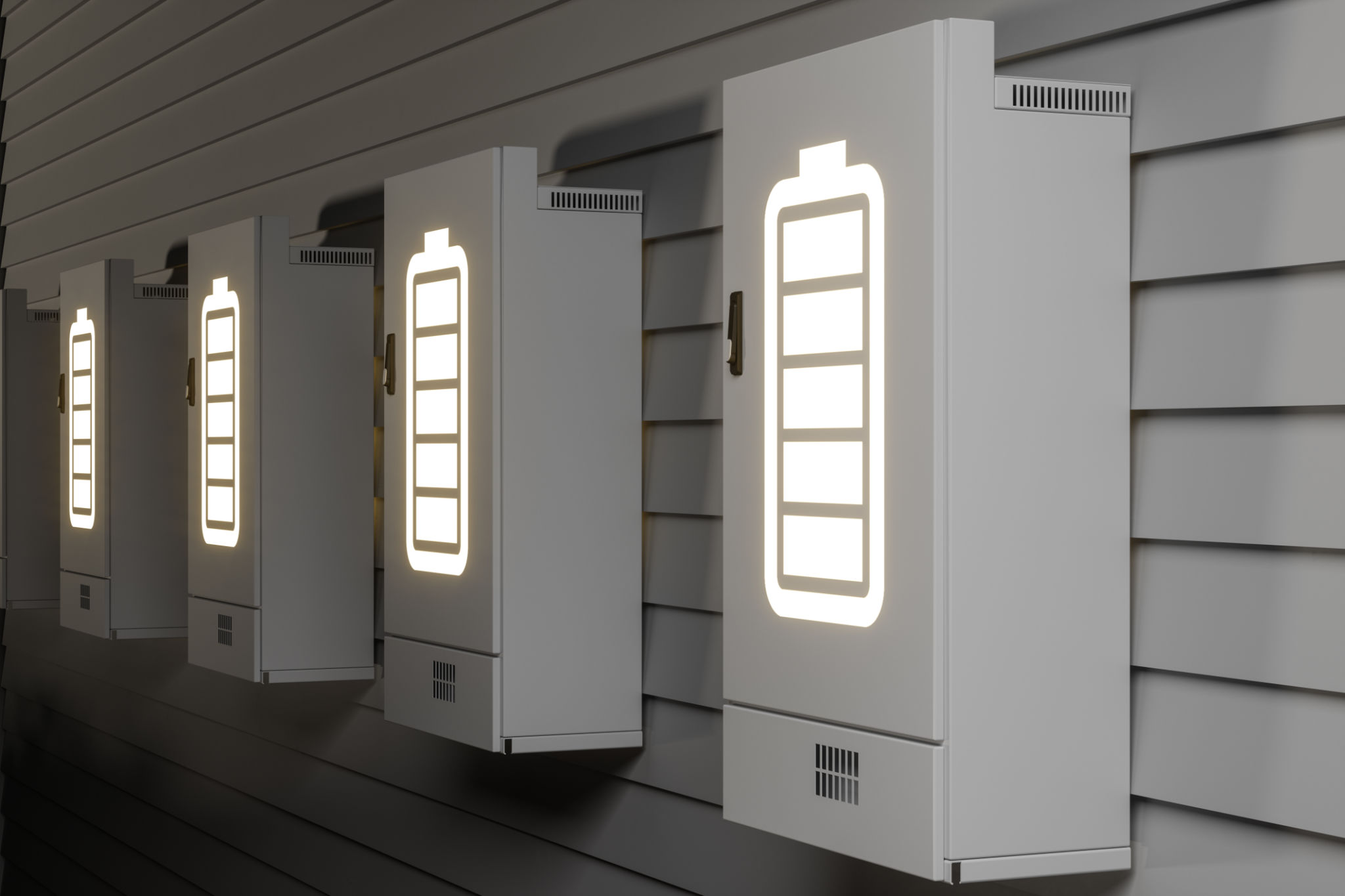The Role of Solar Energy in Modern Telecommunications Infrastructure
Introduction to Solar Energy in Telecommunications
In recent years, the telecommunications industry has been undergoing a significant transformation. With the demand for connectivity skyrocketing, there is a growing need for more sustainable and efficient energy solutions. Solar energy has emerged as a crucial component in powering modern telecommunications infrastructure, offering a plethora of benefits that align with the industry's push towards sustainability.
Telecommunications networks require a reliable and continuous power supply to ensure seamless operation. Traditional energy sources, such as fossil fuels, not only contribute to environmental degradation but also pose challenges in terms of cost and availability. Solar energy, on the other hand, provides a clean, renewable, and increasingly cost-effective alternative.

The Benefits of Solar Energy in Telecommunications
Environmental Impact
One of the most significant advantages of solar energy is its minimal environmental impact. Solar power generation does not produce harmful emissions or pollutants, making it an ideal choice for environmentally conscious industries. By integrating solar energy into telecommunications infrastructure, companies can significantly reduce their carbon footprint and contribute to global efforts in combating climate change.
Cost Efficiency
While the initial investment in solar technology can be substantial, the long-term savings are considerable. Once installed, solar panels have low maintenance costs and provide free energy from the sun. This cost efficiency is particularly beneficial for telecommunications companies operating in remote or off-grid areas, where traditional energy sources are either too expensive or logistically challenging to deploy.

Applications of Solar Energy in Telecommunications
Remote and Off-Grid Locations
Many telecommunications towers are located in remote areas where access to the main power grid is limited or nonexistent. Solar energy systems can be deployed in these locations to provide a reliable power source. By utilizing solar energy, companies can ensure uninterrupted service without relying on costly diesel generators or extensive power lines.
Backup Power Solutions
Solar energy also serves as an excellent backup power solution for urban telecommunications infrastructure. In the event of a grid failure, solar panels equipped with battery storage systems can provide emergency power, ensuring that critical communication services remain operational during outages.

Challenges and Future Prospects
Despite its numerous benefits, the integration of solar energy into telecommunications infrastructure is not without challenges. Factors such as weather variability, initial setup costs, and space constraints can pose hurdles. However, advancements in solar technology and battery storage solutions continue to address these issues, making solar energy more accessible and efficient.
The future of telecommunications is undoubtedly intertwined with renewable energy solutions. As technology evolves and becomes more affordable, the role of solar energy in powering telecommunications infrastructure will likely expand. This shift not only supports environmental sustainability but also enhances the reliability and resilience of communication networks worldwide.

